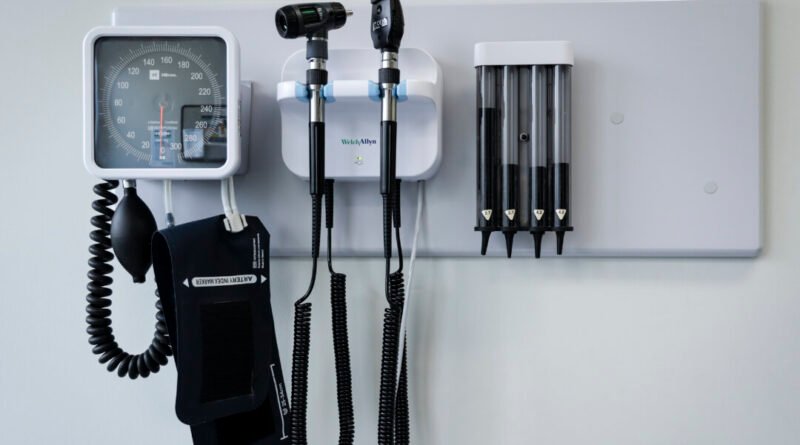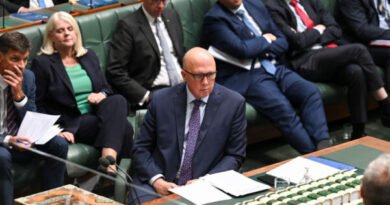Survey Reveals Canadians’ Frustration with Access to Primary Health Care
A recent survey discovered that a lack of family doctors and an understaffed health-care system have left Canadians feeling increasingly frustrated. Toronto’s OurCare Initiative conducted a survey of almost 10,000 individuals nationwide to understand patient experiences and gather input on how to address the primary health-care crisis in Canada.
Dr. Tara Kiran, a family doctor and scientist at Toronto’s St. Michael’s Hospital’s MAP Centre for Urban Health Solutions, spearheaded the initiative. OurCare engaged with Canadians through community roundtables, provincial panels, and a national survey spanning from September 2022 to December 2023.
Dr. Kiran expressed, “People shared stories that were both heartwarming and heartbreaking. Despite their diverse backgrounds, there was strong agreement on the need for high-quality primary care accessible to everyone, with a system accountable to patients and the public.”
The report uncovered an “attachment crisis,” with an estimated 22 percent of Canadian adults—6.5 million individuals—lacking consistent access to a family doctor or nurse practitioner.
Access to primary care was particularly limited in Atlantic Canada, with 30.9 percent reporting a lack of family doctor or nurse practitioner, followed closely by Quebec at 30.8 percent.
The survey also revealed that young adults aged 18 to 29 were less likely to have a doctor compared to older individuals, with 35 percent affected.
Even for those with access, receiving care was challenging. Only 35 percent reported the ability to get a same-day or next-day appointment for urgent care, and 36 percent had access to a doctor on weekends or after hours.
Complex Solution
The report outlined that while the solution to the primary care crisis may seem simple—increasing the number of doctors and nurse practitioners—it’s a challenging task. An essential step is expediting the hiring process for qualified foreign doctors.
Government intervention is crucial, with calls to speed up licensing for foreign-trained professionals and recruit them into primary care. Employment Minister Randy Boissonnault recently announced an $86 million investment in the foreign credential recognition program to address the growing health-care labor shortage.
Mr. Boissonnault emphasized the high number of unfilled health occupation positions and the urgent need to fill vacancies to ensure quality health care for all Canadians.
According to the authors, Canadians are clear about their primary care needs, and it’s now up to policymakers to take action to provide the care the population deserves.




